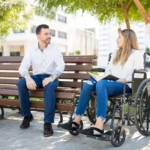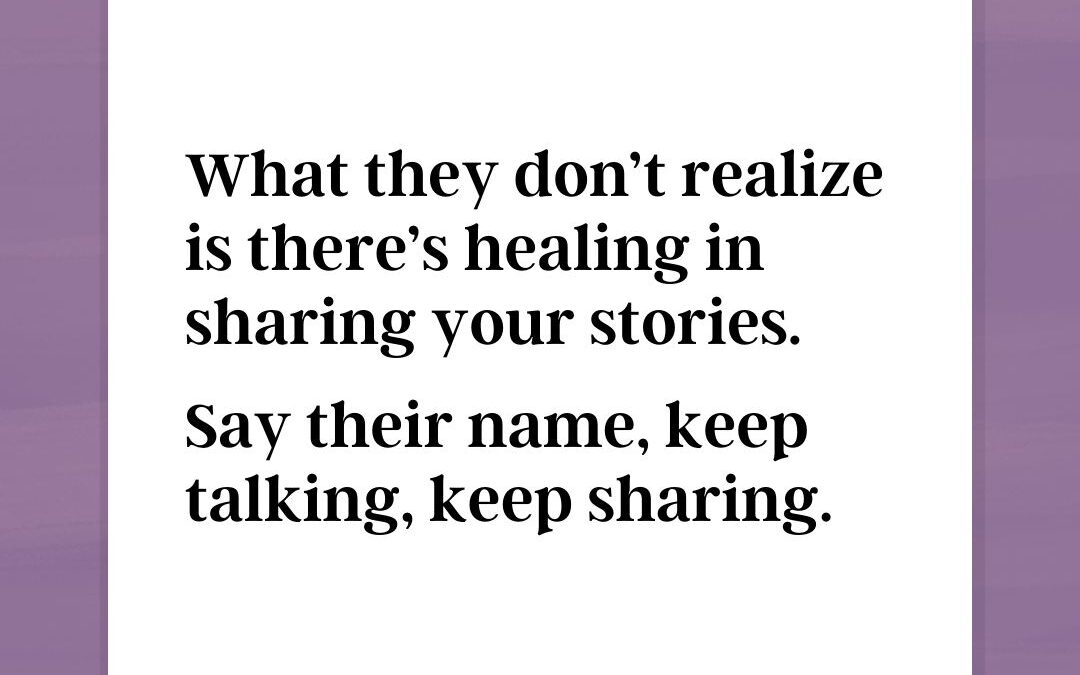
How to Keep Kids Entertained for Hours with Just One Bouncy Castle
August 26, 2025
Why Talking to a Stranger Can Feel Safer Than Talking to a Friend
September 12, 2025A Safe Space to Be Heard: Why Talking Can Heal More Than Silence
The Burden We Don’t Show
What we say in the open is only half of us. The rest hides in the dark, waiting for safety. Some worries you can laugh about with friends, others you bury so deep you almost forget they exist.
Almost.
The truth is, most of us carry invisible loads. Bills we can’t pay. Families that don’t understand us. Marriages that look shiny on the outside but feel lonely on the inside. Trauma from childhood that never really left. Questions about life we’re afraid to ask in public.
Yet, despite all this, society keeps pushing us to “be strong.” In Nairobi, you hear it all the time: UsiKue mnyonge. Be a hustler. Move on. But what if “moving on” without speaking is exactly why so many people are breaking inside?
In Kenya today, more than 3.7 million working adults live with a mental health condition. Depression alone affects close to 2 million people. Suicide rates are climbing, with four people dying every day. Behind every statistic is a person who felt unseen, unheard, or judged.
That’s why the idea of a Safe Listener exists. Because sometimes, healing doesn’t start with medicine or therapy. It starts with being able to say, “Here is my truth,” and knowing someone is really hearing you.
My Story: Why I Started Listening
I didn’t go to school for psychology.
I don’t sit in a hospital with charts and files. But for as long as I can remember, people have found it easy to open up to me. Strangers on a bus. Friends at 2 a.m. A cousin who had no one else to talk to. They’ve all shared their deepest fears with me, and I’ve noticed something: they always leave lighter than they came.
Not because I “fixed” anything. But because I listened. Because I asked the right questions. Because I didn’t judge.
One day, after a long conversation with a friend who told me, “Rose, you should do this for a living,” I realized she was right.
We live in a world where therapy is expensive and stigma is real. But talking to a stranger who offers confidentiality and kindness? That feels safer.
That’s how Safe Listener was born.
Why Talking Matters More Than You Think
Science shows that talking reduces stress. When you put words to feelings, your brain actually calms down. You give shape to chaos. You stop replaying the same loop in your head.
Think about it: how many times have you said, “After I talked to so-and-so, I felt better”? That’s the power of release.
But here’s the problem. As adults, we rarely have safe spaces for some kind of release. Friends are busy. Family members may judge you. Social media is too public. So you end up keeping everything inside. That’s how people explode, not because the problem was too big, but because silence made it unbearable.
A Safe Listener isn’t here to solve everything. But to hold space. To let you feel human again. To remind you that your emotions are valid.
Who Needs a Safe Listener?
You might think, “But I’m not depressed. I don’t need this.” Let me be honest: Safe Listening isn’t only for people at rock bottom. It’s for anyone who:
- Feels overwhelmed but doesn’t want to “bother” loved ones
- Wants to talk without fear of being judged or exposed
- Needs clarity when decisions feel heavy
- Carries childhood wounds they’ve never spoken aloud
- Wants to vent after a long day because silence is suffocating
In short, it’s for anyone who is human.
What a Session Looks Like
Here’s how a Safe Listener session flows:
- Book your time: Choose 30 or 60 minutes.
- Pick your format: Call, video, or text. Whatever feels safest.
- Show up as you are: No script needed. You can cry. You can rant. You can sit in silence until you’re ready.
- I listen fully: I don’t interrupt or shame you. I ask gentle questions. Sometimes I reflect on what you said so you can hear yourself more clearly.
- We close with grounding: A reminder, a breath, or a small takeaway that helps you walk away lighter.
Every session is confidential. What you share remains yours.
The Cost of Silence
Silence costs more than money.
It costs peace of mind, relationships, and even health. Studies show chronic stress increases the risk of heart disease, ulcers, and weakened immunity. People who never speak their truth often end up exploding in anger, sinking into depression, or isolating themselves completely.
And yet, therapy in Kenya can cost between KES 2,500 and 5,000 per session. That’s out of reach for many. Even for those who can afford it, stigma stops people from seeking therapy. That’s why this service exists as a bridge. Not a replacement for therapy, but a stepping stone. A safe beginning.
Pricing & Accessibility
I believe healing conversations should not be a luxury. That’s why my pricing is simple:
- 30 minutes — KES 500
- 60 minutes — KES 900
- Monthly package (4 × 60 min) — KES 3,000
This is affordable, accessible, and flexible.
Pay via M-Pesa 0745464330
Book via WhatsApp. on 0745464330
Sessions can happen from anywhere — your house, your office, even while sitting in a matatu if that’s where you feel free.
Why Trust Me?
Because I know what it’s like to carry pain alone.
I know what it’s like to feel stuck, like no one would understand.
That’s why I built this space with empathy first. I don’t come with clinical detachment. I come with real presence.
My promise is simple: I will not judge you. I will not expose you. I will not minimize your pain.
And because I value my own mental well-being, I take care of myself too. This allows me to keep showing up for you, fresh and present, without burnout.
Frequently Asked Questions
1. Are you a therapist?
No. I’m not licensed to diagnose or treat. I’m a trained listener. If your situation requires therapy, I’ll encourage you to seek professional help.
2. Is my information safe?
Yes. Total confidentiality is my foundation. Your words are safe here.
3. What if I cry?
Please cry as much as you need to. That’s what this space is for.
4. Can I book regularly?
Yes. Many people find weekly or bi-weekly sessions useful. That’s why I created the monthly package.
5. What if I can’t afford it?
Sometimes I run discounted or “pay what you can” slots. You can always ask.
Stories That Prove Listening Works
- A mother shared with me how she’d been holding anger toward her teenage son. She cried for 45 minutes. By the end, she said, “I didn’t realize how much of this was just me needing to say it out loud.”
- A young man struggling with career choices booked a session. He thought he needed advice. Instead, he discovered clarity just by talking through his options with a neutral ear.
- A woman grieving a breakup came in broken. She left saying, “I don’t feel fixed, but I feel less alone.”
These aren’t miracles. They’re the natural result of being heard.
Why This Is Needed Now
Kenya recently made history by decriminalizing attempted suicide. This was a huge step because it shifted the narrative: people don’t need punishment, they need compassion. That change reflects what we already know deep down. Silence and shame kill.
Offering Safe Listening is my small way of contributing to that national shift. One person at a time. One story at a time.
Final Word: You Deserve to Be Heard
If you’ve read this far, maybe you’re carrying something. Maybe you’ve told yourself it’s not serious enough, or you should just be strong, or no one would understand. Let me tell you the truth: your story matters. Your emotions are valid. You deserve a place where your words can live outside your chest.
That’s what I offer. Not therapy. Not quick fixes. Just presence. Just ears. Just safety.
Because sometimes, being heard is the beginning of healing.






